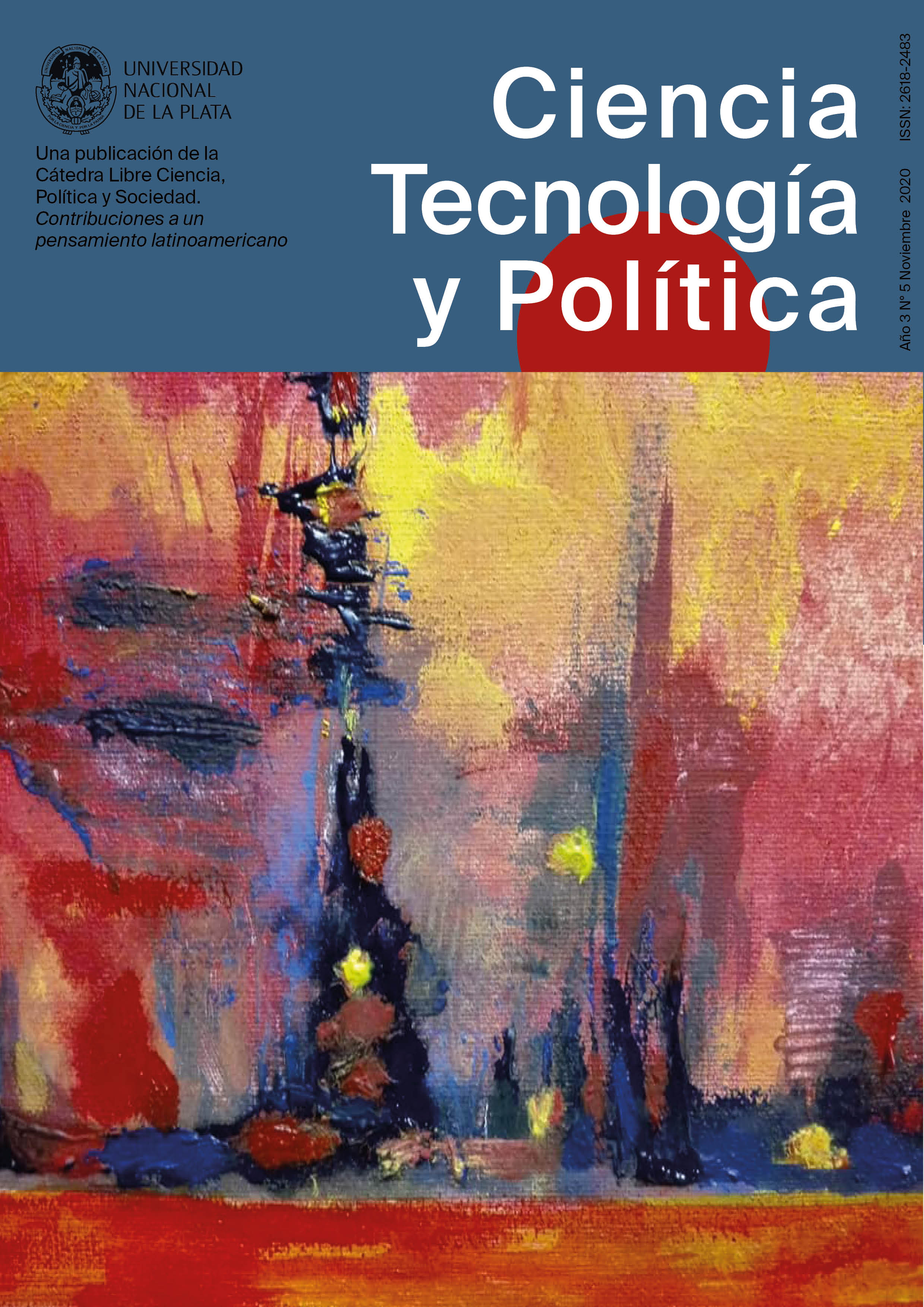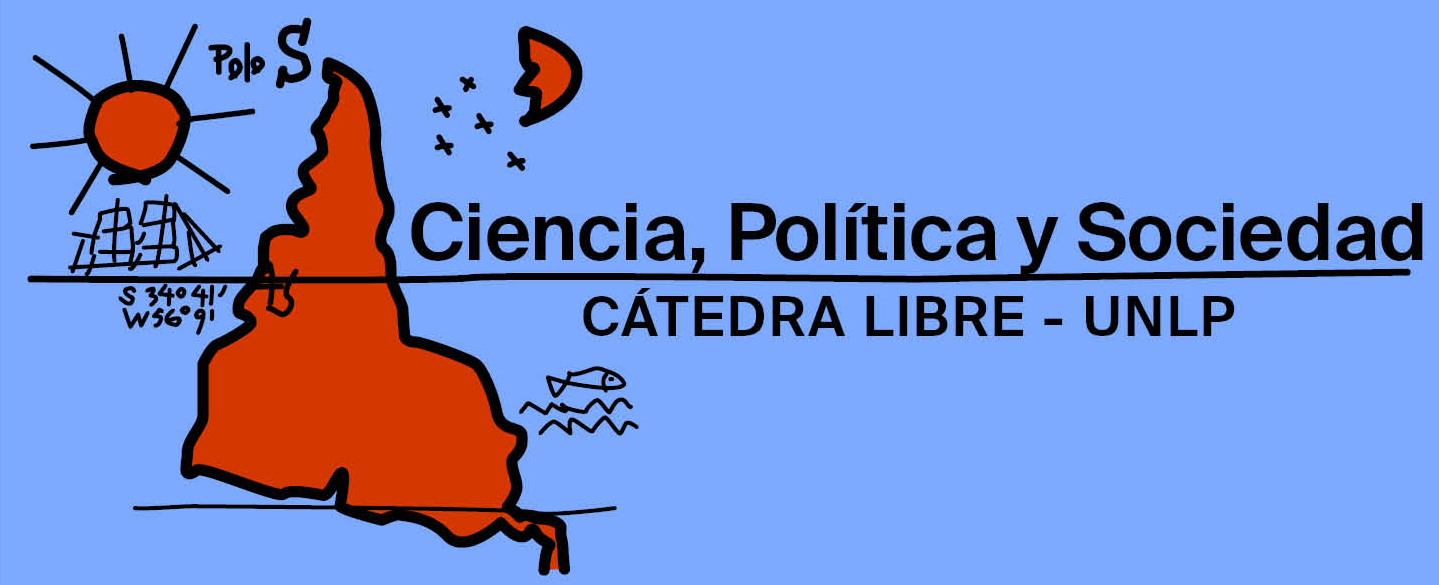Popular economy, popular production and technoscientific challenges
DOI:
https://doi.org/10.24215/26183188e042Keywords:
Popular economy, popular production, Social equity, technology for popular production, full time jobAbstract
This work develops a brief history of the genesis of the space called "popular economy" and exposes the notorious weaknesses of public policy to understand, encompass and propose solutions to the problems of the weakest. It is inevitably provocative, since it questions the use of the term "popular economy" with its current scope and, proposes instead, the concept of "popular production" to broaden its social scope and its value as a transformative instrument. It presents a proposal for a new comprehensive characterization and an outline of a methodological formulation in order to change the view towards an economy based on the attention of community needs, which we can call popular economy. Finally, it discusses the possible contribution of the national science and technology complex to the development of popular production.
Downloads
Metrics
References
Martínez, E. (2017). Ocupémonos. Del Estado de bienestar al Estado transformador. Edición de autor.
Martínez, E. (1 de abril de 2020). Piedra Libre. Agencia Paco Urondo. Recuperado de: https://www.agenciapacourondo.com.ar/opinion/piedra-libre
Muñoz, M. A. & Villar, L. I. (2017). Confederación de Trabajadores de la Economía Popular (CTEP en la CGT). Entre la organización sindical y el conflicto político-social (Argentina, 2011-2017). Crítica Y Resistencias. Revista De Conflictos Sociales Latinoamericanos, (5), 22-52.
Published
How to Cite
Issue
Section
License
The authors whose texts are published in this Journal surrender their ownership rights in favour of the editor in a non exclusive manner, i.e. the authors can enter into other independent and additional contracts to publish their text, e.g. including it in an institutional repository, thematic or otherwise, publish it in a book, or others, as long as it is overtly stated that the work was first published in this Journal.
The responsibility for each published paper as regards its content relies exclusively on its authors, holding the editors harmless for any legal liabilities.
The texts of the Journal shall be published under the Creative Commons 4.0 BY-NC-SA license. Therefore, the editors are free to:
1) Share, copy and redistribute the material using any means or format.
2) Adapt, remix, transform and create from the material, under the following conditions:
a) Attribution — credit to this work must be given in an appropriate manner, providing a link to the license and indicating if changes have been made.
b) Non-Commercial Use — no use may be made of the published material for commercial purposes.
c) Share Equal — Authors remixing, transforming or creating from the material must distribute their contribution under the same license as the original.




































